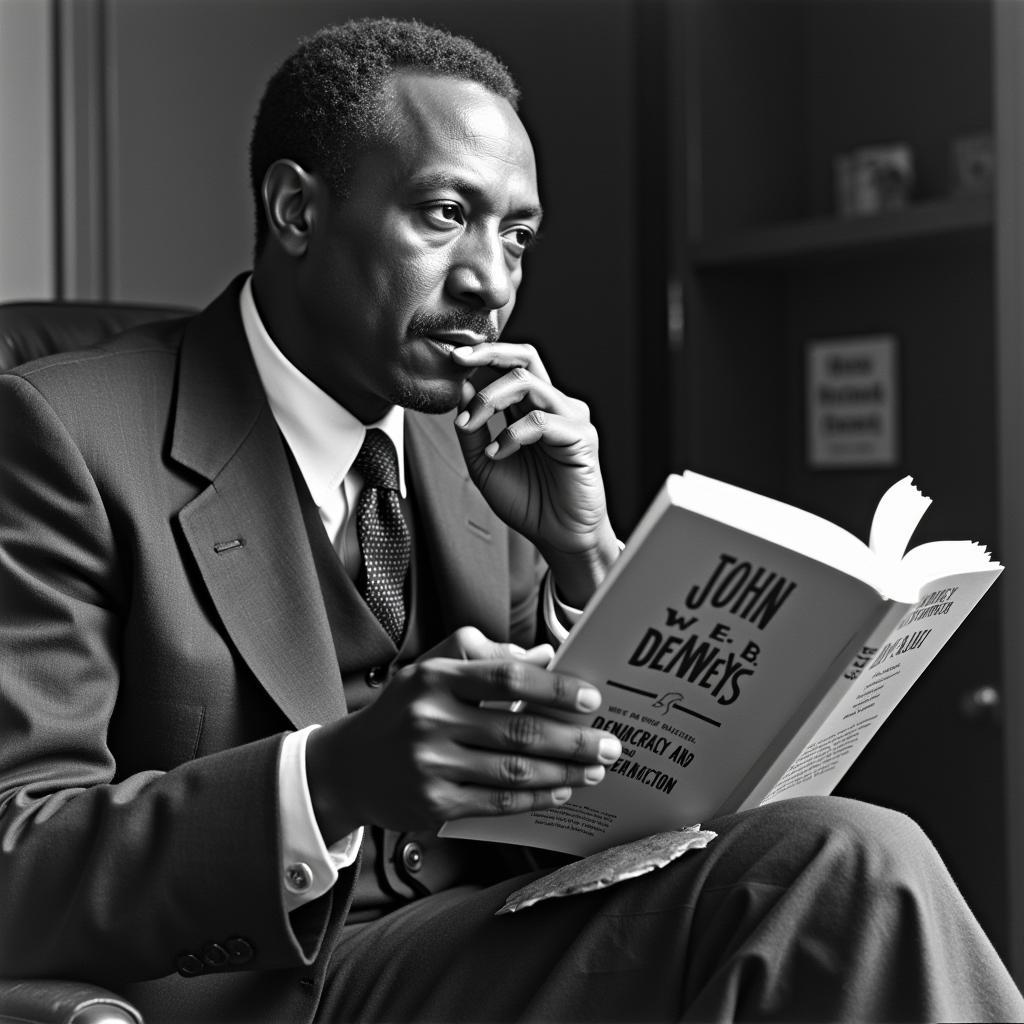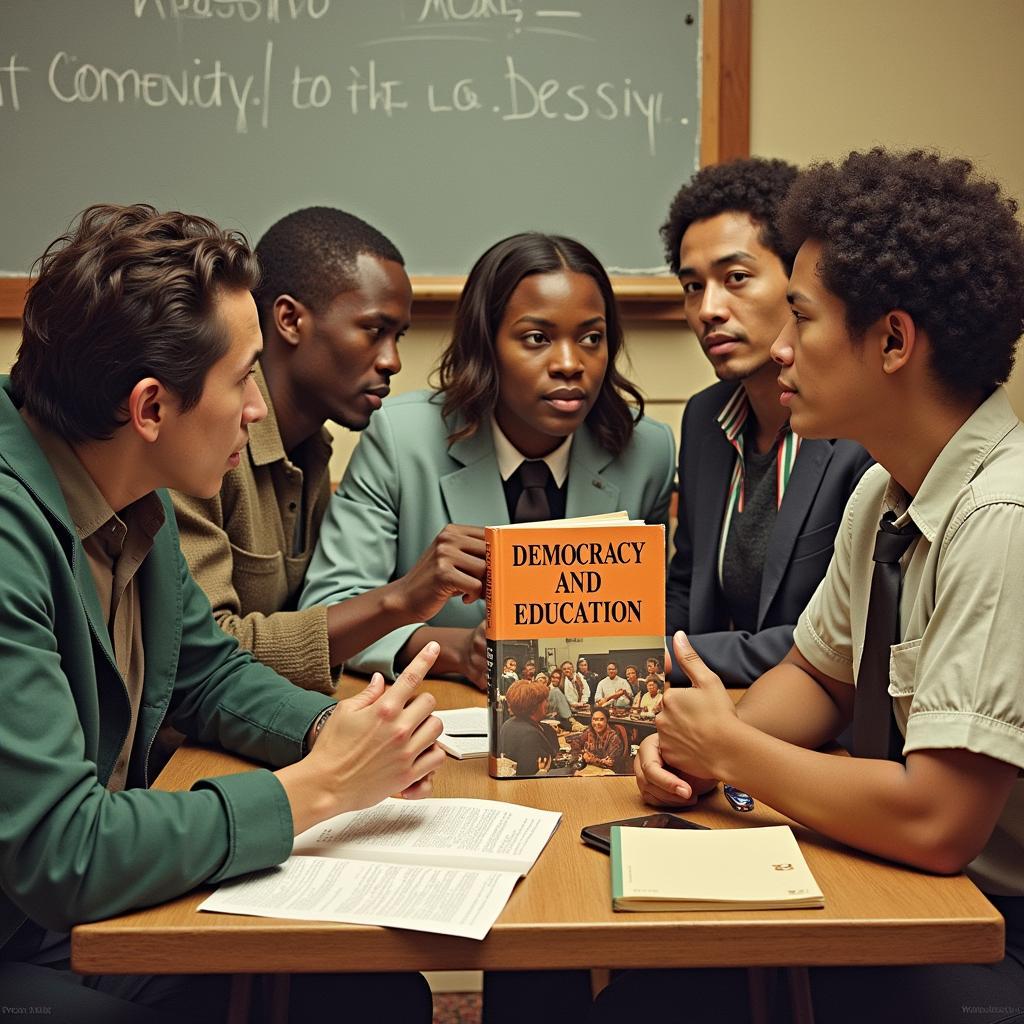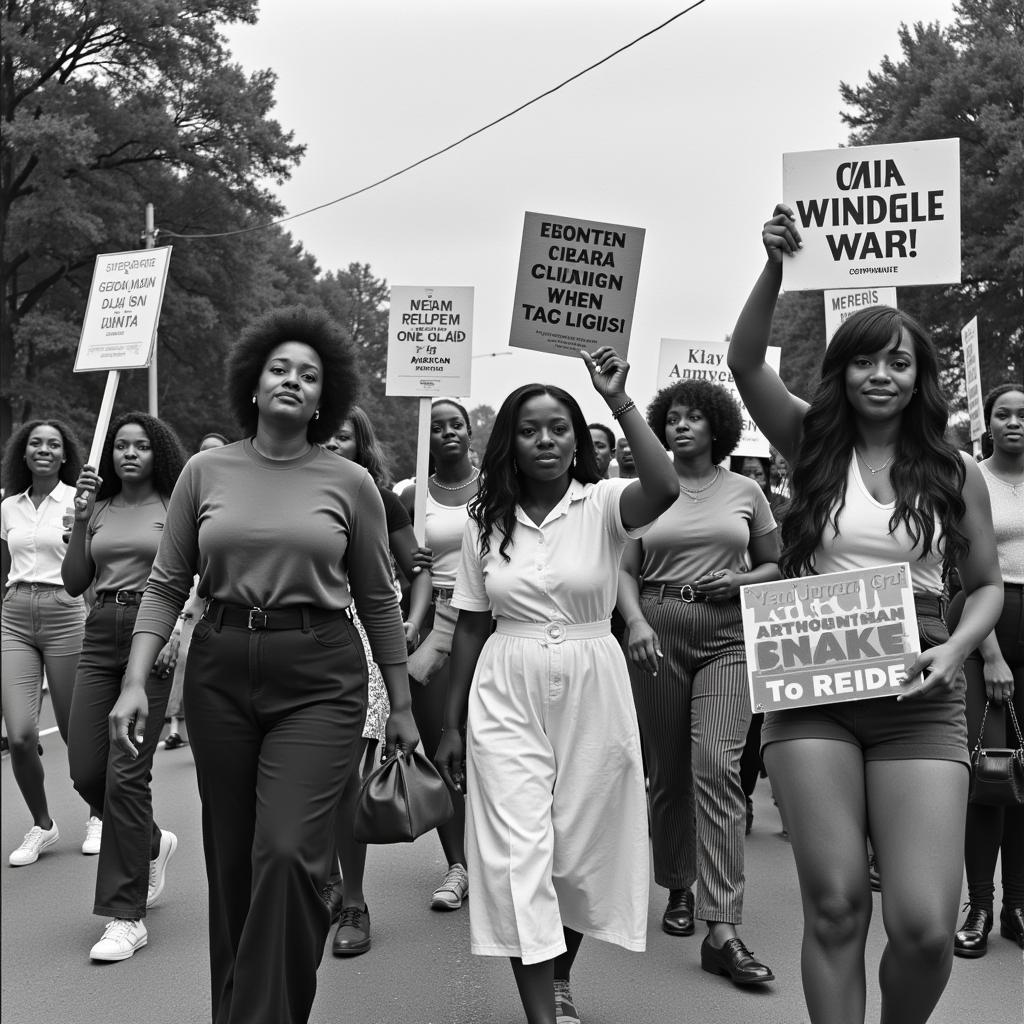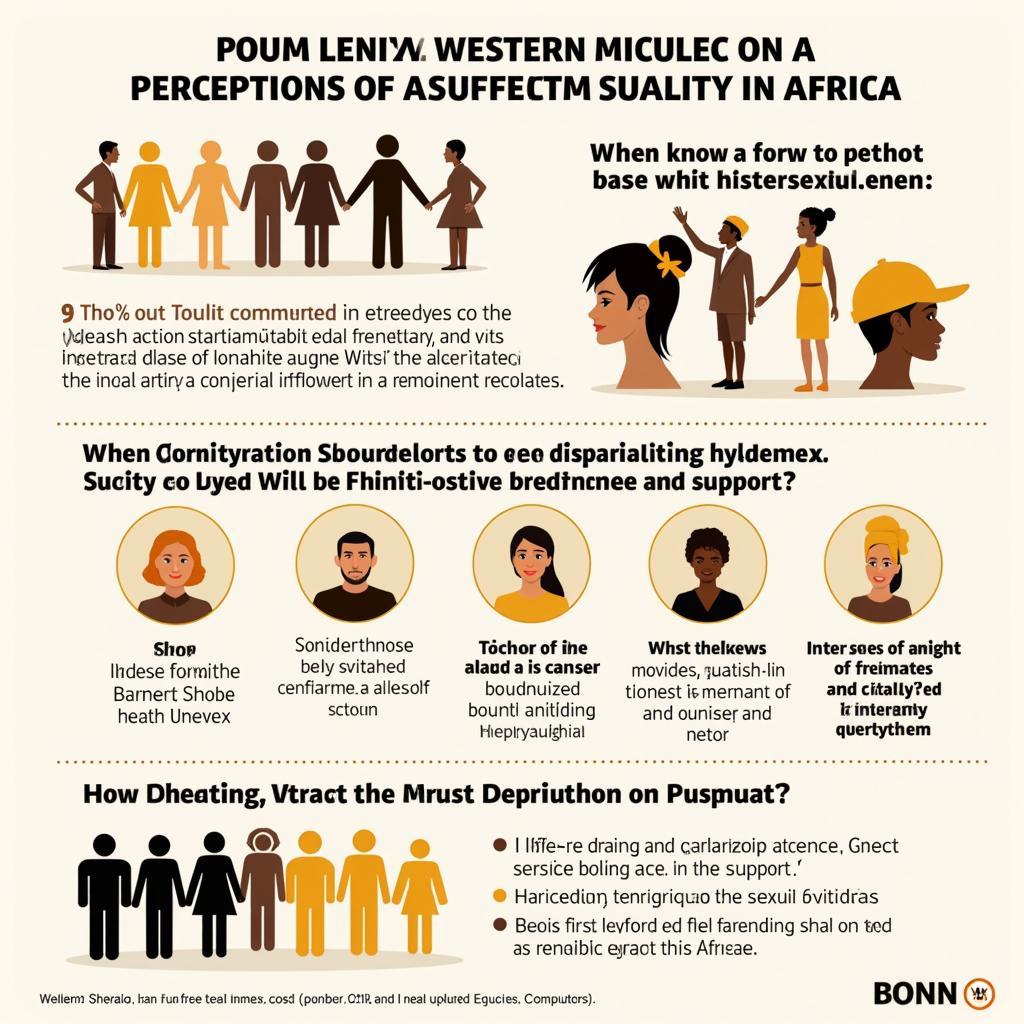African American Reading of John Dewey’s Democracy and Education
John Dewey’s Democracy and Education has been a cornerstone of educational philosophy for over a century. This article explores how African American scholars and activists have engaged with, critiqued, and reinterpreted Dewey’s ideas, particularly concerning democracy and education, within the context of the African American experience.
Dewey’s Impact on African American Educational Thought
Dewey’s emphasis on experience, growth, and community in education resonated with many African American intellectuals seeking to uplift their communities through education. His ideas offered a framework for challenging the racially segregated and unequal educational system prevalent in the United States. However, the application of Dewey’s philosophy within the context of racial injustice and systemic oppression raised complex questions and led to diverse interpretations.
W.E.B. Du Bois and the Pragmatic Ideal
W.E.B. Du Bois, a prominent sociologist, historian, and Pan-Africanist civil rights activist, engaged deeply with pragmatism, the philosophical school to which Dewey belonged. Du Bois found in pragmatism a tool for social critique and reform. He saw education as crucial for racial advancement and advocated for a liberal arts education that would cultivate critical thinking and leadership within the African American community. While influenced by Dewey, Du Bois also critiqued the limitations of pragmatism in addressing the deep-seated racism of American society.
 W.E.B. Du Bois reading John Dewey's Democracy and Education
W.E.B. Du Bois reading John Dewey's Democracy and Education
Carter G. Woodson and the Mis-Education of the Negro
Carter G. Woodson, a historian and founder of the Association for the Study of African American Life and History (ASALH), offered a more critical perspective on the application of Dewey’s ideas. In his seminal work, The Mis-Education of the Negro, Woodson argued that the American education system often served to indoctrinate African Americans, stripping them of their cultural heritage and reinforcing white supremacist ideologies. He advocated for a culturally relevant curriculum that centered African American history and experiences. While not directly rejecting Dewey, Woodson’s work highlighted the need to adapt and contextualize Dewey’s philosophy to address the specific challenges faced by African Americans.
Challenging the Status Quo: Dewey, Democracy, and Segregation
Dewey’s concept of democracy as a way of life, emphasizing participation and shared experience, offered a powerful ideal for challenging the realities of segregation and disenfranchisement. African American educators and activists drew on Dewey’s ideas to advocate for equal educational opportunities and the dismantling of Jim Crow laws.
The Struggle for Equal Access: Dewey’s Influence on Civil Rights Activism
Dewey’s emphasis on education as a social process and his belief in the power of collective action resonated deeply within the Civil Rights Movement. Activists like Ella Baker and Septima Clark utilized principles of participatory democracy and experiential learning in their organizing work, empowering marginalized communities to fight for their rights.
 Civil Rights activists studying Dewey's philosophy.
Civil Rights activists studying Dewey's philosophy.
A Critique of Dewey’s “Ideal” Democracy: The Limits of Abstraction
While Dewey’s vision of democracy provided a powerful framework, some African American scholars have critiqued its abstract nature. They argued that Dewey’s focus on ideal conditions often overlooked the concrete realities of racial inequality and the systemic barriers faced by African Americans.
“Dewey’s focus on the ideal often obscures the brutal reality of racial injustice,” argues Dr. Aisha Kenyatta, a professor of African American Studies at Howard University. “We must ground our understanding of democracy in the lived experiences of those marginalized and oppressed.”
Reinterpreting Dewey for the 21st Century
Today, African American scholars continue to engage with and reinterpret Dewey’s work. They are exploring the relevance of his ideas for addressing contemporary challenges such as educational inequality, racial injustice, and the ongoing struggle for social justice.
Culturally Responsive Teaching and the Legacy of Dewey
Dewey’s emphasis on experience and growth finds new expression in contemporary approaches to culturally responsive teaching. Educators are drawing on his ideas to create learning environments that affirm the cultural identities of African American students and connect classroom learning to their lived experiences.
Democracy and Education in the Digital Age: New Challenges and Opportunities
The rise of the digital age presents both challenges and opportunities for realizing Dewey’s vision of democratic education. African American scholars are exploring how technology can be used to bridge educational divides and create more inclusive learning spaces. They are also grappling with the potential for technology to exacerbate existing inequalities and reinforce biases.
Conclusion
The African American reading of John Dewey’s Democracy and Education offers a rich and complex perspective on the interplay of philosophy, education, and social justice. By engaging critically with Dewey’s ideas, African American scholars and activists have not only challenged the status quo but also contributed to a deeper and more nuanced understanding of democracy and education. This ongoing dialogue remains crucial for shaping a more just and equitable future.
FAQ
- How did W.E.B. Du Bois utilize Dewey’s pragmatism?
- What was Carter G. Woodson’s main critique of the American education system?
- How did Dewey’s ideas influence the Civil Rights Movement?
- What are some contemporary applications of Dewey’s philosophy in African American education?
- What are the challenges and opportunities presented by the digital age in relation to Dewey’s vision of democratic education?
- How does the concept of culturally responsive teaching connect to Dewey’s philosophy?
- What are some critiques of Dewey’s work from an African American perspective?
Need further assistance? Contact us at Phone Number: +255768904061, Email: [email protected] or visit us at Mbarali DC Mawindi, Kangaga, Tanzania. We have a 24/7 customer support team.




